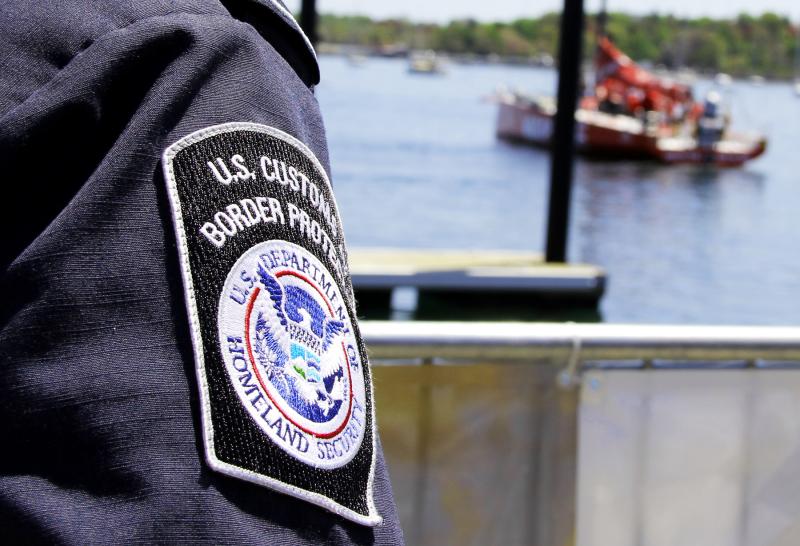BALTIMORE – With the quickly approaching Memorial Day weekend kicking off the unofficial start to another busy summer boating season, U.S Customs and Border Protection is reminding pleasure boat operators of federal reporting requirements.
“It has been a long winter, and Customs and Border Protection wants to remind vessel operators, especially those arriving from Canada or returning to our area after wintering over in the Caribbean, how and where to report their U.S. arrivals,” said Adam Rottman, CBP’s Acting Port Director for the Area Port of Baltimore. “CBP will continue our marina visits throughout the boating season to remind vessel operators and verify compliance with the federal reporting requirement.”
CBP’s Area Port of Baltimore is contacting local Harbor Masters, specifically in Annapolis, and has posted updated Port of Baltimore pleasure boat reporting directions on CBP’s website.

Pleasure boat operators arriving within the jurisdictions covered by the Area Port of Baltimore should report their arrival to (410) 962-2806 during routine business hours, Monday through Friday, 7:30 a.m. to 3 p.m. After hours, vessel operators may call 1-800-973-2867.
A CBP officer will advise where the master and boat's passengers should present themselves for CBP inspection.
Boat operators may also report their arrival in person at CBP’s office located at 40 South Gay Street, Baltimore, MD 21202 between 7:30 a.m. and 3 p.m. No other person, baggage or merchandise may be offloaded from the vessel until permitted by a CBP officer.
Information you need for reporting include:
- Name, date of birth, citizenship, passport number and country of all persons on board
- Name of vessel and boat registration number
- CBP User Fee decal (for vessels 30 feet or longer). Purchase or renew a CBP User Fee decal at https://dtops.cbp.dhs.gov.
- Previous foreign location and current U.S. location, and
- Contact number
Federal law requires the master or person in charge of a vessel, such as a pleasure boat or yacht, regardless of size, to report their U.S. arrival immediately to the nearest CBP facility. This requirement applies to all boats regardless of country of registration.
Failure to report international arrivals may result in civil penalties to include a $5,000 penalty for a first violation and $10,000 for each subsequent violation with the conveyance subject to seizure and forfeiture.
“Customs and Border Protection’s enforcement of pleasure boat reporting regulations balances our interests in welcoming foreign arriving vessels with ensuring the safety and security of our nation, our citizens and our economy,” said Casey Durst, CBP’s Field Operations Director in Baltimore, the agency’s operational commander in the mid-Atlantic region.
CBP officers will soon launch regular pier patrols to marinas in Maryland, Delaware and Virginia to deliver new signs and flyers, and conduct compliance examinations of foreign-flagged vessels that officers observe at those marinas. CBP officers will continue these outreach and enforcement operations throughout the boating season.
For more information, please visit CBP’s Pleasure Boats and Private Flyers reporting webpage.
CBP’s Office of Field Operations
Almost a million times each day, CBP officers welcome international travelers into the U.S. In screening both foreign visitors and returning U.S. citizens, CBP uses a variety of techniques to intercept narcotics, unreported currency, weapons, prohibited agriculture, and other illicit products, and to assure that global tourism remains safe and strong. For international travel tips, please visit CBP’s Travel webpage.
CBP's border security mission is led at ports of entry by CBP officers from the Office of Field Operations, who enforce all applicable U.S. laws, including against illegal immigration, narcotics smuggling and illegal importation, and by CBP agriculture specialists, who protect U.S. agriculture from the introduction of pests or disease from overseas sources.
Please visit CBP Ports of Entry to learn more about how CBP’s Office of Field Operations secures our nation’s borders.
Learn more about "A Typical Day" for CBP in 2017, or by visiting www.CBP.gov.

